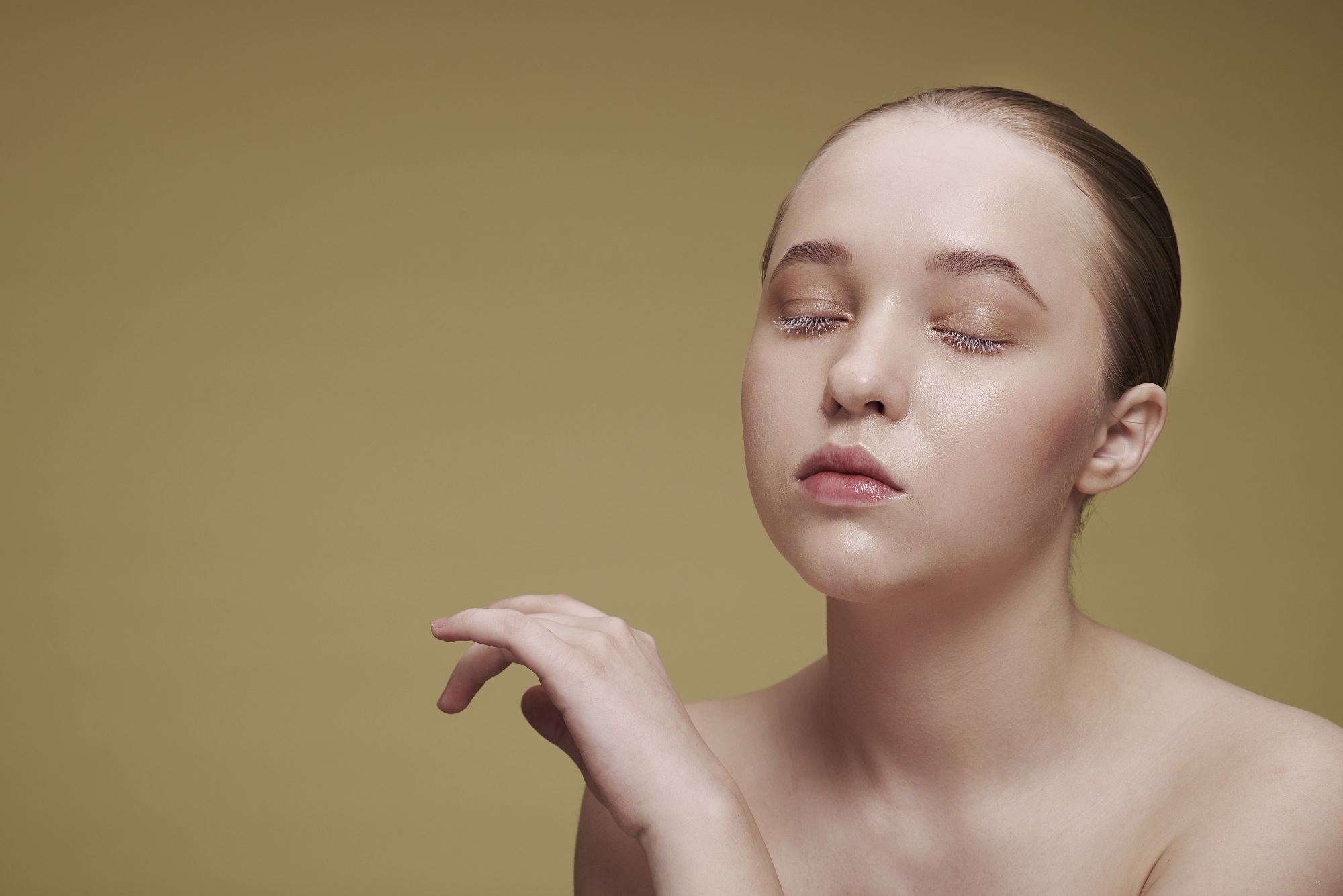Collagen, a protein that provides structure and strength to our skin, muscles, bones, and connective tissues, is often hailed as the secret to youthful skin. As we age, collagen production naturally declines, leading to wrinkles, sagging skin, and other visible signs of aging. Understanding the role of collagen in anti-aging and how to boost its production can be a game-changer in maintaining a youthful, glowing appearance. This post will explore the importance of collagen and offer tips on how to enhance its production naturally.
What is Collagen?
Collagen is the most abundant protein in the human body, making up about 30% of the total protein content. It acts like a scaffolding that supports and strengthens tissues. In the skin, collagen provides elasticity, hydration, and firmness, which are key factors in maintaining a youthful complexion. As we get older, our body’s ability to produce collagen decreases, leading to wrinkles, fine lines, and skin that may appear dull or sagging. Treatments like hydra facial can help rejuvenate the skin by boosting hydration and promoting collagen production for a more radiant appearance.

Why Collagen Declines with Age?
Collagen production begins to slow down in our late 20s, with a noticeable decrease in our 30s. By the time we reach our 40s and beyond, the decline accelerates, and by the age of 60, we may have lost up to 50% of the collagen in our skin. Several factors contribute to this decrease, including:
- Natural Aging Process: Over time, the body’s collagen fibers become less organized, and new collagen synthesis slows down.
- UV Exposure: Sun damage from ultraviolet rays can break down collagen fibers in the skin, accelerating the aging process. Consulting a skin specialist can help you identify effective treatments and preventive measures to protect your skin from further damage.
- Poor Diet: A lack of key nutrients that support collagen production, such as vitamin C, zinc, and amino acids, can contribute to the decline in collagen levels.
- Smoking and Pollution: Both smoking and environmental toxins can damage collagen, leading to premature aging.
- Stress: Chronic stress leads to the production of cortisol, a hormone that can break down collagen fibers and impede the body’s ability to regenerate skin cells.
The Role of Collagen in Anti-Aging
Collagen is integral to the skin’s overall health and appearance. As the foundation of our skin, it helps maintain a youthful, smooth, and firm texture. When collagen levels are high, the skin appears plump, hydrated, and free of wrinkles. When collagen production slows, the skin becomes less elastic, which results in sagging, fine lines, and wrinkles. Treatments like the red carpet collagen facial can help boost collagen production, promoting a firmer and more radiant complexion.
Boosting collagen production can significantly reduce the visible signs of aging. While collagen cannot be fully restored to its youthful levels, stimulating its production can result in smoother, firmer skin. This is why many anti-aging treatments, including creams, supplements, and lifestyle changes, focus on promoting collagen production.

How to Boost Collagen Production Naturally?
While the natural decline in collagen is inevitable, there are several ways to encourage the body to produce more of this vital protein. Below are some strategies to help boost collagen production and slow down the aging process.
1. Maintain a Healthy Diet:
Certain foods are rich in nutrients that promote collagen production. A well-balanced diet can provide the body with the raw materials it needs to produce collagen.
- Vitamin C: Vitamin C is essential for collagen synthesis. Foods rich in vitamin C, such as oranges, strawberries, bell peppers, and broccoli, can support collagen production.
- Amino Acids: Collagen is made up of amino acids like proline, glycine, and hydroxyproline. Protein-rich foods like chicken, fish, eggs, and beans provide these essential building blocks.
- Copper: Copper helps in the formation of collagen fibers. You can find copper in foods like shellfish, nuts, seeds, and whole grains.
2. Use Collagen-Boosting Skincare:
Topical treatments that promote collagen production can also be effective. Look for products that contain ingredients like:
- Retinoids: Retinoids (vitamin A derivatives) stimulate collagen production and can help reduce wrinkles and fine lines.
- Peptides: Peptides are small proteins that stimulate collagen production and improve skin elasticity.
- Hyaluronic Acid: While not directly related to collagen, hyaluronic acid helps hydrate the skin and plump it, giving the appearance of firmer, younger skin.
3. Protect Your Skin from UV Rays:
UV exposure is one of the leading causes of collagen breakdown. The sun’s harmful rays trigger the production of free radicals, which damage skin cells and collagen fibers. To protect your collagen:
- Wear sunscreen daily with an SPF of 30 or higher.
- Wear protective clothing, hats, and sunglasses when spending extended periods in the sun.
- Avoid tanning beds, which can also accelerate collagen loss.
4. Incorporate Collagen Supplements:
Collagen peptides, available in powder, capsule, or liquid form, are a popular supplement for promoting collagen production. Some studies suggest that consuming collagen peptides may help improve skin elasticity, reduce wrinkles, and increase skin hydration. While results can vary, many people see improvements after consistent use over several months.
5. Stay Hydrated:
Proper hydration is crucial for skin health. Water helps maintain skin elasticity and supports the process of collagen production. Make sure to drink plenty of water throughout the day to keep your skin moisturized and prevent the formation of fine lines due to dehydration.

6. Get Plenty of Sleep:
Quality sleep allows the body to repair and regenerate tissues, including collagen in the skin. Aim for 7-9 hours of restful sleep each night to support your body’s collagen production.
Conclusion
Collagen is a key factor in maintaining youthful, healthy skin. While aging naturally decreases collagen production, adopting lifestyle habits that promote collagen synthesis can slow down the visible effects of aging. A balanced diet, proper sun protection, collagen-boosting skincare, and hydration all play vital roles in ensuring that your skin stays firm, elastic, and glowing. Additionally, incorporating collagen supplements may provide an extra boost for those looking to fight the signs of aging more effectively. By prioritizing these strategies, you can help protect and enhance your skin’s collagen production, leading to a smoother, more youthful complexion.
